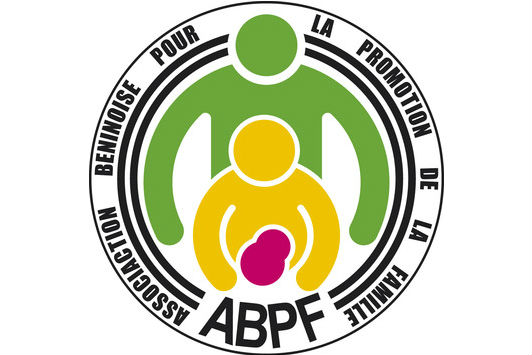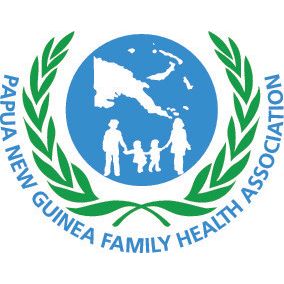

| 31 March 2016
Association Béninoise pour la Promotion de la Famille
The Association Béninoise pour la Promotion de la Famille (ABPF) has been operating for almost 40 years. ABPF offers family planning, ante-natal and post-abortion care, infertility treatment, screening of cancers of the reproductive system, and management of sexually transmitted infections (including HIV and AIDS). Its service points include permanent and mobile clinics. ABPF is focused on reaching marginalized groups such as prisoners, sex workers, refugees and internally displaced persons. The majority of clients are estimated to be poor, marginalized, socially excluded and/or under-served. To reduce the national maternal mortality rate, ABPF operates an effective community-based obstetric and antenatal care service in 16 villages, using traditional birth attendants and volunteer health workers. ABPF also runs a locally-based service for young people which involves hundreds of community-based distributors (CBDs) and peer educators providing young people with sexual and reproductive health information, condoms and counselling services. In acknowledgment of ABPF’s expertise and accomplishments, the Government of Benin invited the organization to become a member of the technical committee (in the Ministry of Planning) that drafts reproductive health policies: the Population Policy, the Family Health Policy, HIV and AIDS policies and the National Sexual and Reproductive Health Policy. Whilst ABPF has recorded major advances in sexual and reproductive health, there are still very significant challenges as the figures for lifetime risk of maternal death, child mortality rate and unmet need for contraception of illustrate. Driving the work of ABPF is a large and dedicated team of hundreds of volunteers. There’s a Youth Action Movement which draws on the skills of young people. ABPF works in partnership with a range of government organisations, including parliament, the Ministère de la Famille, the Ministère de la Jeunesse, and the Ministère du Plan. Funders include USAID. Non-goverrnmental organizations working with ABPF include the Country Co-ordinating Mechanism for health and sexual and reproductive health.

| 09 December 2020
Papua New Guinea Family Health Association
The Papua New Guinea Family Health Association (PNGFHA) was established in 1981 and registered in the same year under Section 7 of the Associations Incorporation Act, Papua New Guinea. PNGFHA became an IPPF Collaborative Partner in 2001 and then an Associate Member, approved at the December 2020 Board of Trustees meeting. The Association's Head Office was originally based in Lae, Morobe, but was relocated to the capital Port Moresby, in 2015. PNGFHA currently operates across 8 static clinics in Port Moresby (3), Lae, Markham and Bulolo (Morobe Province), Goroka (Eastern Highlands Province), and Kokopo (East New Britain Province), and are operated from facilities provided either by the Provincial Health or the district authorities. PNGFHA has a staff of 25, both clinical and non-clinical, and is supported by an extensive network of volunteers. Each clinic has regular outreach services to remote populations, providing safe and confidential SRH services and raising awareness. In 2021, PNGFHA delivered 220,038 SRH services to 53,497 clients, more than 90 per cent of whom were poor/ vulnerable. The clinics provide a wide range of SRH services including STI and HIV awareness, family planning, responding to cases of gender-based violence, and counselling. Legal services for survivors of sexual and gender-based violence (SGBV) are also provided due to need. Other programs include the youth/adolescence comprehensive sexuality education with out-of-school and in-school youths. Various outreach programs such as mobile clinics and awareness have also been implemented in partnership with local Provincial Health authorities. Currently PNGFHA have 3 furnished operational youth centres and youth clinic which provide support for the youth volunteer network, community outreach, CSE both in and out of school. Youth friendly spaces offer youth the opportunity to access information, receive counselling and a friendly safe space where young people can meet and share ideas. The youth friendly clinic provides access to quality and relevant youth centred SRH services and referrals, in the case of SGBV, by staff that are sensitive and trained to dealing with young people. Outreach involves activities mostly identified by the young people themselves, ranging from awareness in a school settings and communities, during a community event, community and government organised activities such as cultural shows and sports events. Through outreach events, trained youths are able to reach out to their peers and motivate them to access more information and services.







